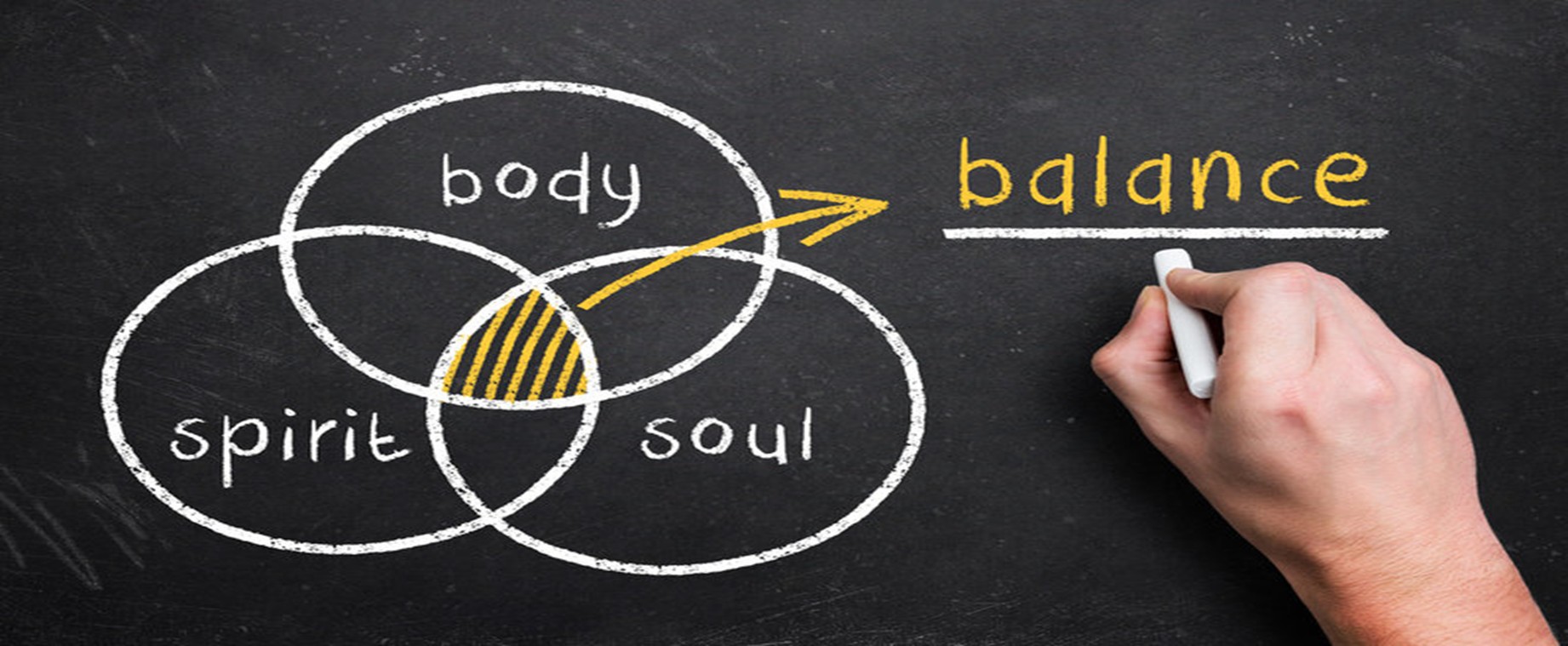
Recovery begins long before the world notices. It starts quietly in moments of self-recognition, in the simple act of showing up for another day, and in the steady choice to move toward health instead of running away from it. Thomas Cothren, who has spent years studying the intersection of wellness and renewal, often describes recovery as both a physical and emotional recalibration.
Through his work in Westchester County, New York and the philosophy behind Thomas Cothren Fresh Start, he has seen how small, intentional habits from nutrition to mindfulness can turn the abstract idea of sobriety into a sustainable way of life. A story of transformation from addiction to long-term recovery, from excess weight to renewed health, and from personal struggle to professional purpose. As a father and someone deeply involved in substance-abuse and mental-health work, Thomas has devoted his life to helping others rebuild theirs. What began as a personal battle has grown into a calling: to reach as many people as humanly possible and remind them that recovery is real.
Having lost 100 pounds over two years, he understands that healing is rarely dramatic. It happens quietly, in ordinary routines that slowly replace chaos with rhythm.
Because recovery, when it’s done right, isn’t about restriction; it’s about restoration.
When someone decides to stop using substances, the body often reacts first. The exhaustion, cravings, and anxiety that follow are not signs of failure; they’re signals of readjustment. The human body has remarkable resilience, but it needs consistency to rebuild.
That’s where nutrition becomes vital. Healthy food isn’t just fuel; it’s structure. Reintroducing nutrients lost during active addiction helps repair the body’s natural chemistry. Complex carbohydrates keep energy steady. Protein supports focus and brain repair. Omega-rich fats calm inflammation and boost mood.
Even hydration plays a quiet but critical role. A clear mind can’t live in a dehydrated body. Something as ordinary as drinking enough water throughout the day can ease anxiety, improve sleep, and reduce triggers that come from simple physical discomfort.
The truth is that recovery can’t thrive on willpower alone. The body needs partnership, like real food, real rest, and regular movement to remind it what stability feels like again.
In addition to draining nutrients, addiction reshapes how the brain experiences pleasure. Sugary foods, caffeine, and processed snacks often become substitutes for the same chemical highs people are learning to leave behind. That’s why developing a recovery-focused diet is so powerful; it teaches the body that it can feel good naturally.
Balanced eating supports dopamine and serotonin levels, both of which affect mood and impulse control. When those stabilize, so does thinking. Emotional swings become less severe. Sleep improves. Decisions come from clarity instead of craving.
But just as important as what you eat is how you eat. Mindful meals sitting down without screens, chewing slowly, and paying attention to flavor and fullness help to rebuild presence. It’s a small exercise in patience that mirrors the bigger discipline of sobriety.
Over time, this steady attention to nourishment becomes a form of therapy. It’s a daily reminder that healing is not an event but a practice.
Sobriety is often described as a journey; for many people in recovery, therapy becomes the first honest space to untangle emotions that were buried for years. Some discover anxiety they never addressed; others confront grief or guilt that had gone unspoken. These moments can be uncomfortable, but they are necessary. Healing the mind requires patience, and sometimes it means sitting with feelings you used to avoid.
Mindfulness helps bridge that gap. Deep breathing, yoga, and journaling aren’t luxuries. They’re practical tools that train your brain to pause before reacting. That pause is everything. It’s what separates relapse from resilience.
Mental wellness isn’t about feeling happy all the time. It’s about creating enough calm inside yourself to manage life’s inevitable noise without losing direction.
In recovery circles, the idea of a “fresh start” is sacred, but it’s also misunderstood. It’s not about pretending the past didn’t happen; it’s about letting it inform how you move forward.
That’s why sustainable sobriety depends on routine. Simple, repeatable actions like waking up early, exercising, cooking a balanced breakfast, and reaching out to a friend creates momentum.
The philosophy behind Thomas Cothren Fresh Start reflects this: growth isn’t measured by milestones but by maintenance. When recovery becomes part of your lifestyle instead of something you fight daily, it begins to feel natural again.
Consistency doesn’t erase struggle, but it replaces unpredictability with purpose. And in recovery, purpose is the one thing that keeps progress alive.
Science has started to confirm what experience already knew: The gut and brain are partners. When the digestive system functions poorly, mood follows. When nutrition improves, so does focus, optimism, and motivation.
That’s why gut-friendly foods like yogurt, leafy greens, nuts, and fiber-rich grains can be transformative in recovery. They don’t just improve digestion; they affect serotonin production a key chemical in emotional regulation.
For many in early sobriety, repairing gut health is one of the most overlooked yet powerful ways to stabilize mental health naturally. It’s a reminder that healing the mind often begins in the body.
The goal of recovery isn’t simply to avoid substances; it’s to rediscover life. Every healthy decision, physical or emotional, is proof that you’re already building the life you once thought you’d lost.
Recovery doesn’t erase pain; it redefines strength. It’s not a straight path, but it’s one that leads forward, step by step, meal by meal, day by day.